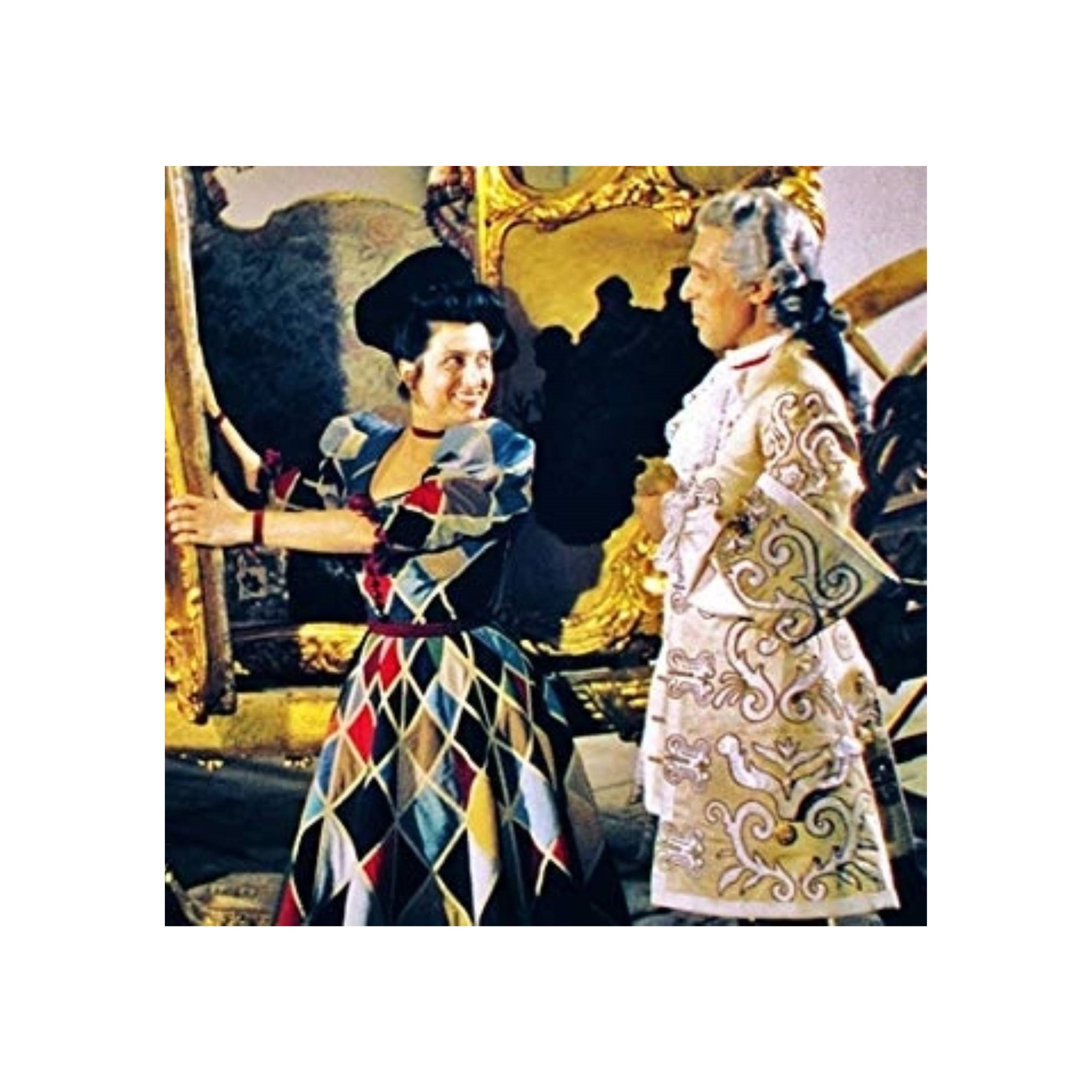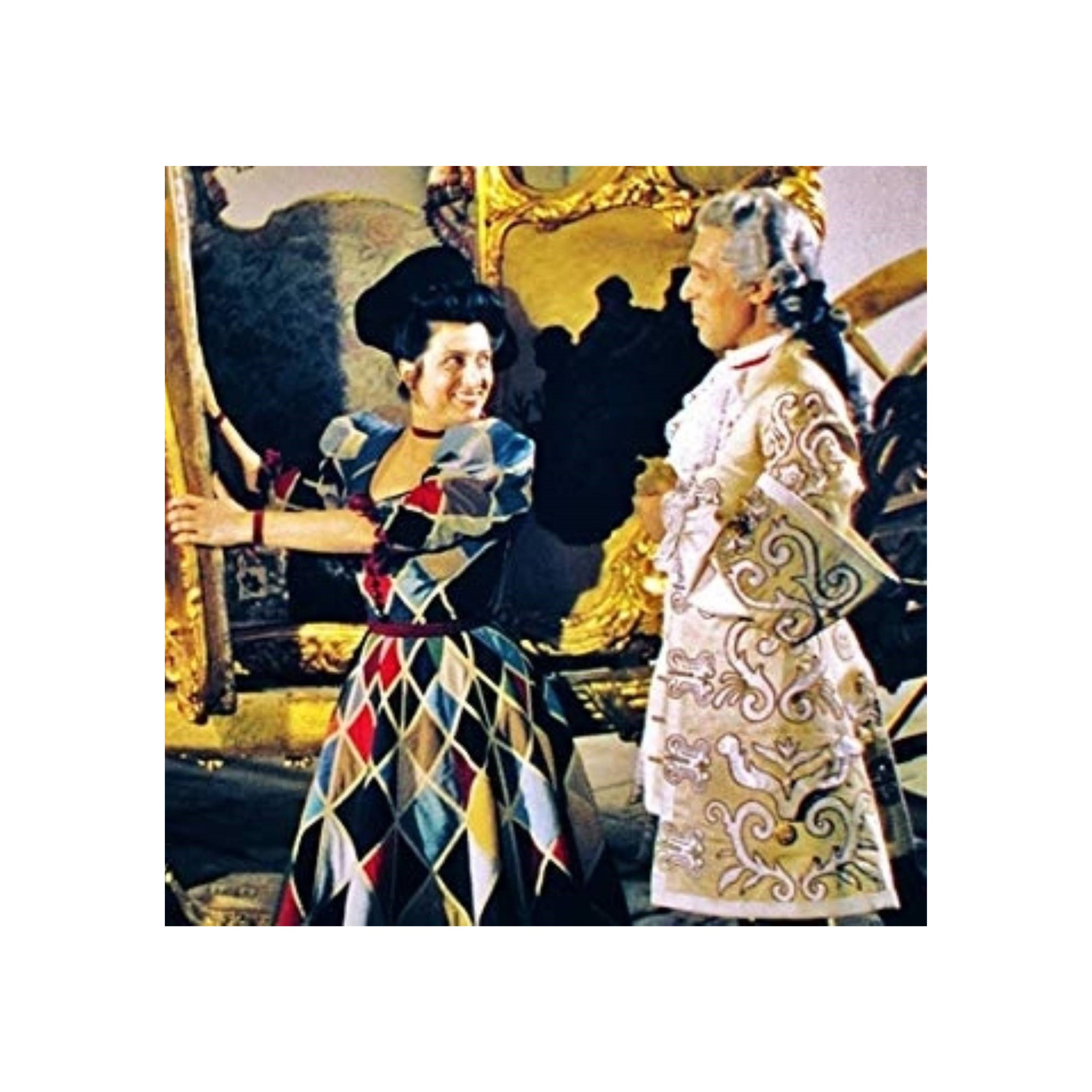
This episode is age restricted for viewers under +18
Create an account or login to confirm your age.
- After-Shows
- Alternative
- Animals
- Animation
- Arts
- Astronomy
- Automotive
- Aviation
- Baseball
- Basketball
- Beauty
- Books
- Buddhism
- Business
- Careers
- Chemistry
- Christianity
- Climate
- Comedy
- Commentary
- Courses
- Crafts
- Cricket
- Cryptocurrency
- Culture
- Daily
- Design
- Documentary
- Drama
- Earth
- Education
- Entertainment
- Entrepreneurship
- Family
- Fantasy
- Fashion
- Fiction
- Film
- Fitness
- Food
- Football
- Games
- Garden
- Golf
- Government
- Health
- Hinduism
- History
- Hobbies
- Hockey
- Home
- How-To
- Improv
- Interviews
- Investing
- Islam
- Journals
- Judaism
- Kids
- Language
- Learning
- Leisure
- Life
- Management
- Manga
- Marketing
- Mathematics
- Medicine
- Mental
- Music
- Natural
- Nature
- News
- Non-Profit
- Nutrition
- Parenting
- Performing
- Personal
- Pets
- Philosophy
- Physics
- Places
- Politics
- Relationships
- Religion
- Reviews
- Role-Playing
- Rugby
- Running
- Science
- Self-Improvement
- Sexuality
- Soccer
- Social
- Society
- Spirituality
- Sports
- Stand-Up
- Stories
- Swimming
- TV
- Tabletop
- Technology
- Tennis
- Travel
- True Crime
- Episode-Games
- Visual
- Volleyball
- Weather
- Wilderness
- Wrestling
- Other
Hollywood Studios Year-by-Year – Warner Brothers – 1944: PASSAGE TO MARSEILLE & THE MASK OF DIMITRIOS
This Warner Bros. 1944 episode makes good use of Warner Bros.' A-list stars, A-list character actors, B-list stars, and B-list character actors. Casablanca and Maltese Falcon alumni converge in both Michael Curtiz's Passage to Marseille, starring Humphrey Bogart as a morally compromised hero, with Claude Rains and Sydney Greenstreet as the patriotic and pro-fascist alternatives for occupied France; while in Jean Negulesco's The Mask of Dimitrios, a Citizen Kane-like story of a self-made criminal without a Rosebud, Peter Lorre and Greenstreet form an unlikely friendship that reminds Elise more of Eric Blore and Edward Everett Horton than of Laurel and Hardy. We discuss the ways in which Curtiz finds the noir in his war movie and Negulesco finds the buddy comedy in his noir. Time Codes: 0h 00m 45s: Warner Brothers in 1944

